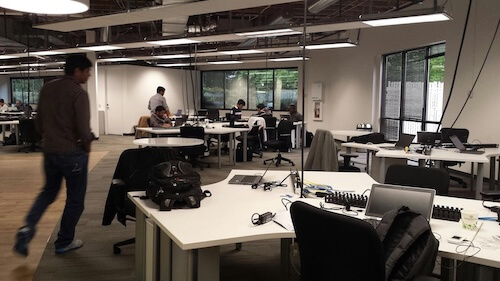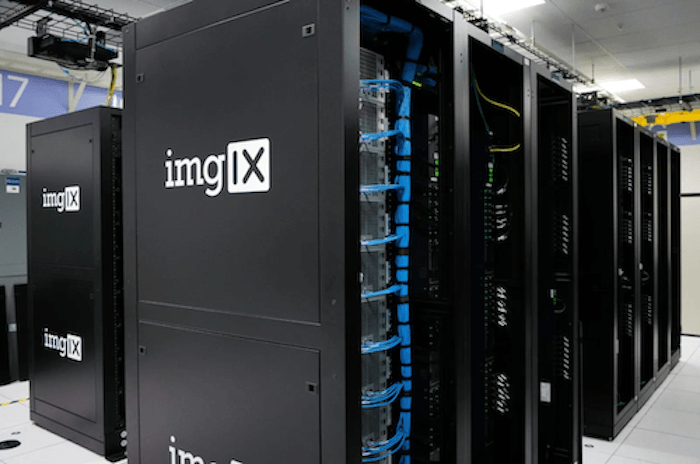Retail software development for seamless in-store experiences
We design, build, and modernize custom retail software to streamline processes, integrate channels, and boost efficiency. From POS to inventory management, our retail IT solutions help you stay ahead in a fast-changing market.
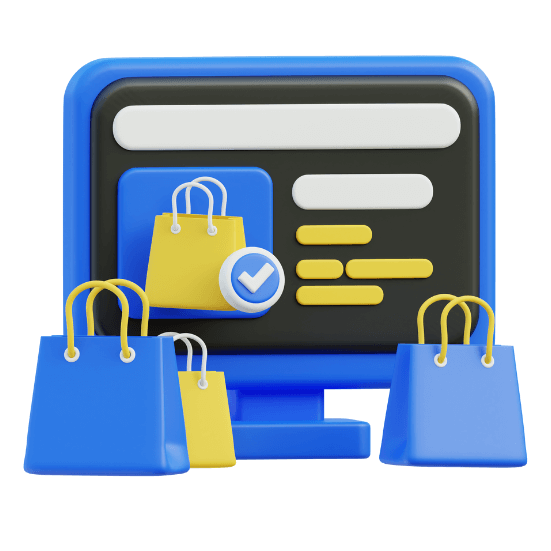

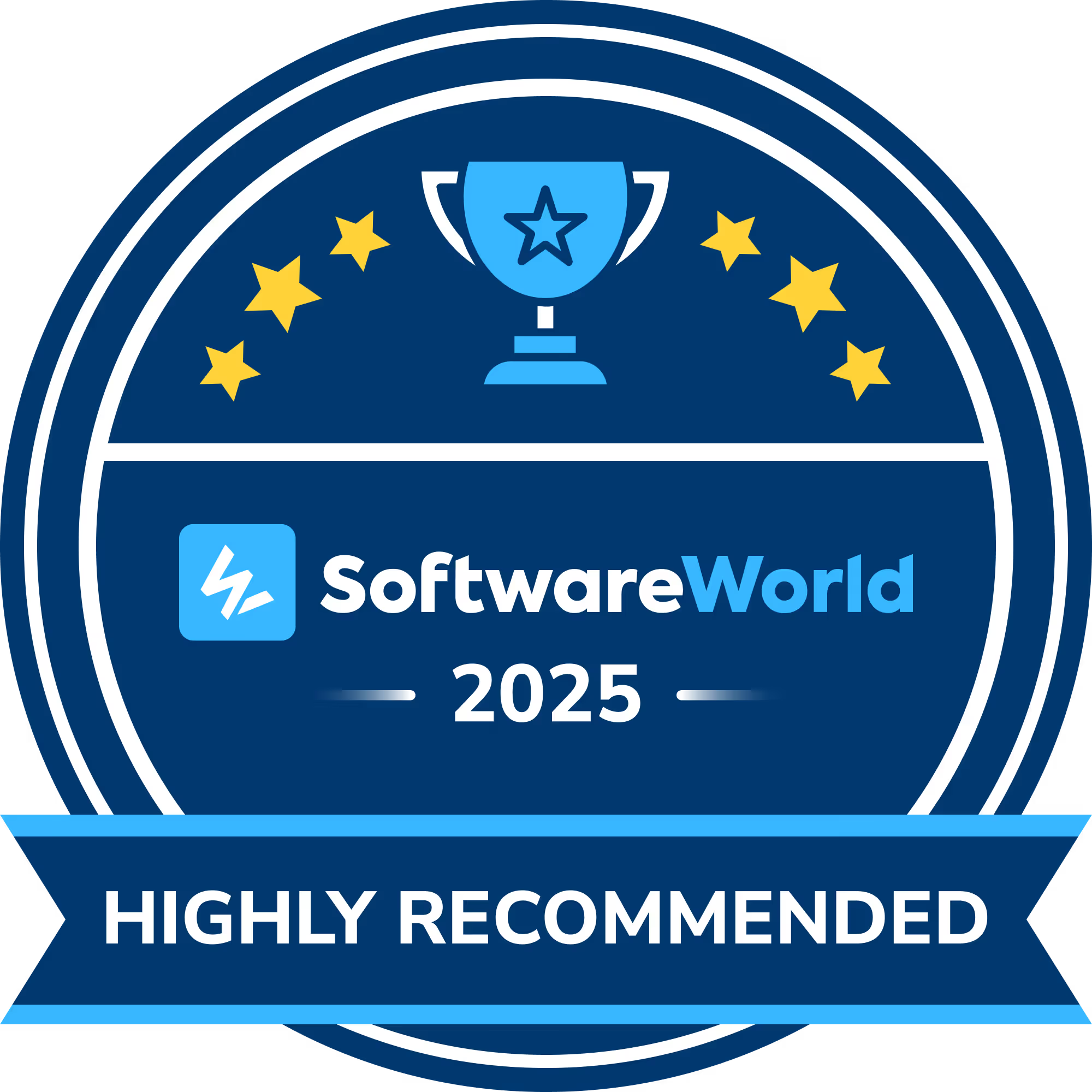



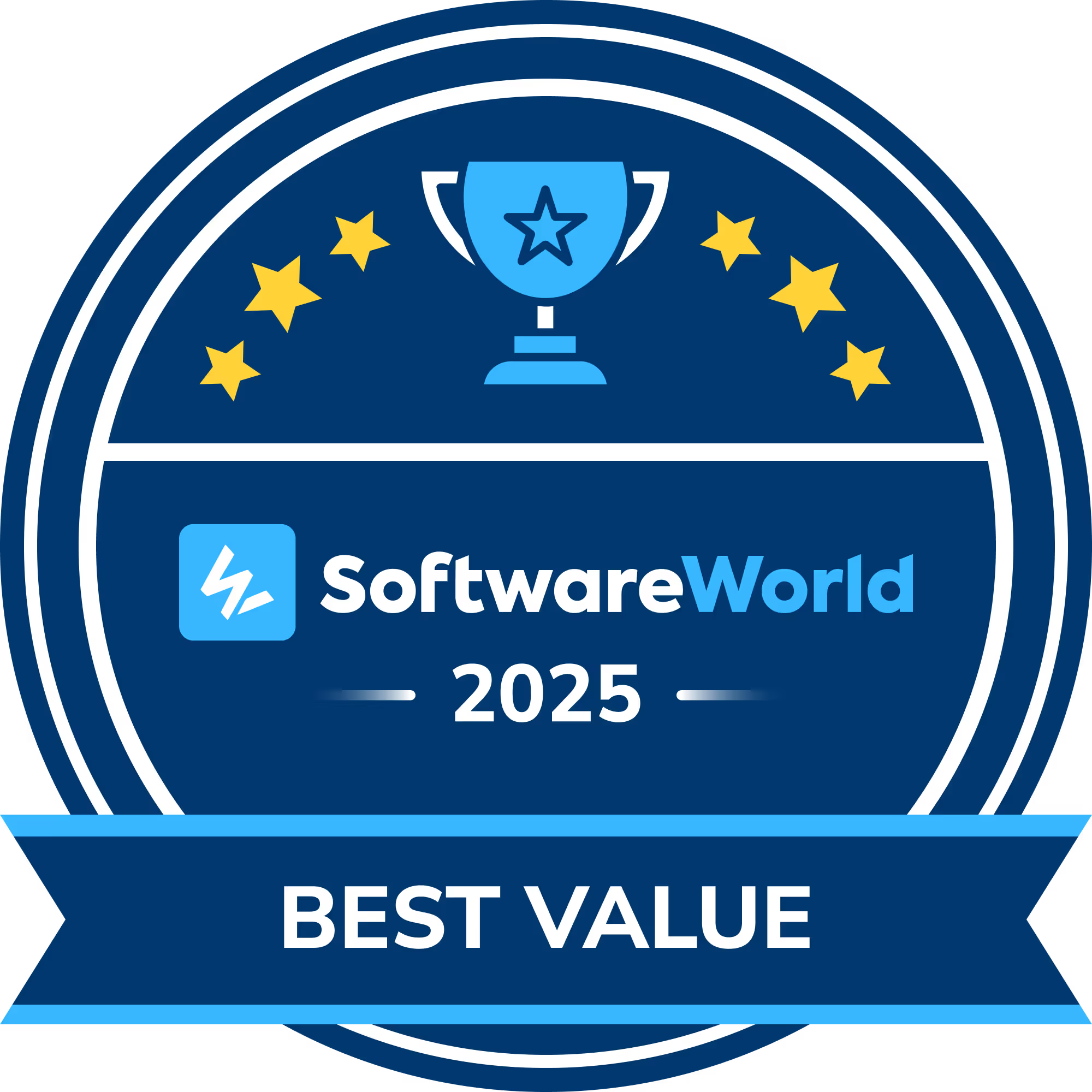














Modernize retail IT solutions with CIGen
We deliver retail software modernization services to upgrade, integrate, and optimize critical systems across your business. Whether it’s unifying online and in-store operations or enabling new digital capabilities, our custom retail development solutions help you increase efficiency, improve customer experiences, and stay competitive.
Upgrade legacy POS platforms with cloud integration, secure payments, and omnichannel capabilities.
Implement real-time tracking, predictive analytics, and automated stock control.
Modernize ERP solutions for better data flow, cross-department visibility, and scalability.
Integrate online storefronts with back-office systems for seamless order and fulfillment.
Enhance engagement tools with personalization, mobile apps, and AI-driven insights.
Deploy BI tools to monitor sales, customer trends, and operational KPIs.
Improve demand forecasting, vendor collaboration, and logistics tracking.
Build or refresh apps to support in-store navigation, promotions, and click-and-collect services.
Retail software development company helps
Build custom retail apps
Designing and developing applications for both customers and employees, from mobile shopping apps to team productivity tools.
Customer-facing apps can support browsing, ordering, and loyalty programs, while internal tools improve stock checks, scheduling, and reporting.
Every solution is tailored to your retail processes and brand experience.
Modernize retail solutions
Our team can upgrade legacy systems through cloud migration, API integration, and real-time data synchronization.
Incorporate IoT sensors, RFID tracking, and connected devices to enable smarter operations.
Modernized platforms help unify physical and digital channels for a seamless omnichannel presence.
Leverage AI & ML to innovate
Using AI to optimize pricing strategies, forecast demand, and improve product placement through heatmap analysis.
NLP (Natural language processing) powers chatbots and voice assistants for faster customer support, while visual recognition detects shelf gaps and automates restocking alerts.
Predictive analytics helps minimize waste, improve inventory turnover, and boost sales performance.
Retail software development services
Our retail software modernization expertise covers the full lifecycle of building, upgrading, and integrating systems that keep your operations competitive. From POS optimization to AI-powered analytics, we help retail businesses adopt technologies that improve performance and customer satisfaction.
CIGen developers can design transaction flows, UI elements, and features that match your sales environment and brand standards.
Enabling real-time synchronization, remote updates, and secure cloud backups for transaction records.
Connect in-store, online, and mobile POS systems so that customers enjoy a unified checkout experience anywhere.
Implement intelligent upselling prompts, demand prediction, and automated fraud detection at checkout.
CIGen developers can build live dashboards for monitoring product quantities in warehouses and retail outlets.
Generate purchase orders automatically based on forecasted demand and predefined thresholds.
Transfer stock between branches while maintaining accurate centralized records.
Use predictive analytics to forecast demand and optimize reordering schedules.
Our engineers can integrate orders from multiple channels into one streamlined system for faster fulfillment.
Automatically update product details, pricing, and inventory levels across all online and offline platforms.
Merge eCommerce and physical store rewards into a single customer profile.
Add personalized product recommendations and predictive marketing campaigns to your online store.
CIGen developers create dashboards that track historical and real-time sales trends for quick decision-making.
Understand shopping habits to optimize store layouts, promotions, and product placement.
Identify top-performing products, slow movers, and opportunities for bundling or promotions.
Implement predictive analytics to anticipate demand shifts and optimize pricing strategies.
Our engineers can develop apps for browsing, purchasing, tracking orders, and engaging with loyalty programs.
Give employees mobile tools to check inventory, locate products, and process transactions on the sales floor.
Enable customers to reserve items online and pick them up at a convenient store location.
Add intelligent push notifications, personalized offers, and dynamic pricing updates to mobile apps.
Struggling to connect your eCommerce store with in-store operations?
Data silos between online and offline channels lead to inconsistent pricing, poor stock accuracy, and slow fulfillment. CIGen can help integrate your retail systems for a seamless, unified shopping journey.
Why hire a custom retail software development company?
Get solutions built to match your store operations, sales processes, and customer engagement strategies - from POS to loyalty programs.
Streamline inventory updates, order fulfillment, and reporting with automation that saves staff time and reduces errors.
We prioritize transaction security, data protection, and compliance with retail standards like PCI DSS and GDPR from day one.
Easily connect to eCommerce platforms, ERP systems, payment gateways, and third-party delivery or inventory tools.
Our cloud-native approach ensures your systems handle spikes in sales, seasonal demand, and expanding product lines without performance loss.
Differentiate your brand with data-driven insights, personalized shopping experiences, and high-performance, customer-focused systems.
AI in retail: 7 popular applications
Top AI technologies used in Retail
Retail software development lifecycle tailored to your growth
At CIGen, we tailor each stage of the retail software development lifecycle to boost operational efficiency, enable omnichannel experiences, and drive sales growth. Our Azure-powered approach ensures your systems are scalable, secure, and ready for the fast-paced retail market.
Defining retail goals, sales channels, and omnichannel strategy.
Audit POS, ERP, and eCommerce flows; plan API/data structures.
Design secure, modular systems aligned with Azure retail best practices.
Deliver retail solutions in sprints, tested on real-world scenarios.
Connect POS, inventory, eCommerce, and analytics in a seamless rollout.
Run performance, security, and PCI DSS compliance checks.
Equip store staff and teams with guides, demos, and onboarding.
Track performance and deploy Azure-based improvements at scale.
Clients about our cooperation
See what our clients say about the way our team helped them leverage their business potential.

Retail-savvy software development team
At CIGen, we understand the unique challenges retail businesses face in uniting online and offline channels, managing complex supply chains, and meeting customer expectations. Our team delivers retail software that drives operational efficiency, supports omnichannel strategies, and enables rapid adaptation to market trends.
Our team will connect POS, eCommerce, ERP, and CRM systems to create consistent pricing, promotions, and inventory data across all sales channels.
Our Azure-powered retail solutions can handle sudden traffic spikes, high transaction volumes, and increased order loads without downtime.
We implement analytics tools that process sales, inventory, and customer data in real time, enabling smarter merchandising and promotions.
From self-checkout kiosks to RFID tracking, retail-savvy developers can integrate modern hardware and software to streamline store operations and enhance customer experience.
Custom retail software develoment: FAQ
We aim to supply our clients with exhaustive information about the way we engage in partnership for ease of doing business and transparency. We’ve collected a few facts that help you understand our processes.
Outsourcing retail software development allows businesses to access specialized skills, accelerate delivery, and reduce overhead costs while focusing on core operations. Retail companies often hire a retail software development company in these scenarios:
- Custom retail application development – When in-house teams lack expertise in building POS, eCommerce, or mobile retail apps.
- System integration projects – Connecting POS, ERP, CRM, and eCommerce platforms through APIs or middleware.
- Legacy system modernization – Upgrading outdated software to cloud-native, scalable architectures.
- AI and analytics implementation – Deploying predictive analytics, personalization engines, and computer vision solutions.
- Seasonal or rapid scaling needs – Adding developers temporarily to meet tight deadlines or prepare for peak retail seasons.
- IoT-enabled retail solutions – Building smart shelf, RFID tracking, or connected store systems.
IoT integration in retail connects devices, sensors, and systems to deliver real-time data that improves store operations, inventory management, and customer experience. By linking IoT hardware with retail software platforms, businesses can automate processes, reduce waste, and respond faster to market changes. Key benefits include:
- Real-time inventory tracking – RFID tags and smart shelves send stock updates directly to inventory systems.
- Automated replenishment – IoT sensors trigger purchase orders when stock drops below set thresholds.
- Energy management – Smart lighting, HVAC, and refrigeration systems adjust usage based on store activity.
- Queue and foot traffic monitoring – Cameras and sensors track customer flow to optimize staffing and store layout.
- Asset tracking – Monitor the location and status of equipment, displays, or high-value products.
AI in retail software development enables businesses to enhance customer experiences, optimize operations, and make data-driven decisions by automating complex processes and uncovering actionable insights from sales and inventory data. AI can support:
- Personalized product recommendations
- Predictive demand forecasting
- Dynamic pricing adjustments
- Automated shelf monitoring with computer vision
- Fraud detection and loss prevention
To deliver a consistent customer journey across online and offline channels, retail businesses should integrate their core operational systems. This ensures that pricing, inventory, customer data, and order status remain synchronized in real time, reducing errors and improving efficiency. Key systems include:
- POS (point of sale) systems – (Integrate with ERP and inventory via APIs or message queues to ensure real-time sales data synchronization; use cloud-based POS for easier scaling and remote updates.)
- eCommerce platforms – (Connect to inventory, pricing, and CRM using middleware like Azure Logic Apps or API Management; ensure webhook/event-based updates for near-instant order processing.)
- ERP (enterprise resource planning) – (Serve as the central source of truth for product, pricing, and financial data; integrate with POS, CRM, and warehouse systems through secure REST or gRPC endpoints.)
- CRM (customer relationship management) – (Use API connectors or Azure Data Factory pipelines to sync loyalty points, purchase history, and preferences across online and offline touchpoints.)
- Inventory management tools – (Implement bi-directional syncing with POS and eCommerce to prevent overselling; leverage IoT data from RFID scanners and Azure IoT Hub for real-time stock visibility.)
You can identify modernization priorities in retail by:
- Auditing existing systems to find performance bottlenecks, security risks, and outdated technologies.
- Analyzing business impact to focus on areas directly affecting revenue, customer experience, or operational efficiency.
- Reviewing integration gaps between POS, eCommerce, ERP, and CRM platforms.
- Evaluating data readiness to ensure sales, inventory, and customer information can support analytics and AI initiatives.
- Considering scalability needs for seasonal peaks and market expansion.
- Aligning with compliance requirements such as PCI DSS for payment security and GDPR for customer data.
Let’s design the retail software that powers sales and scales seamlessly with your growth

